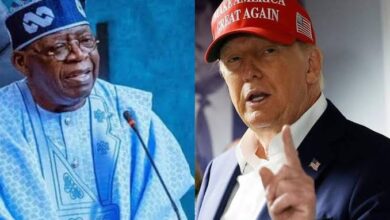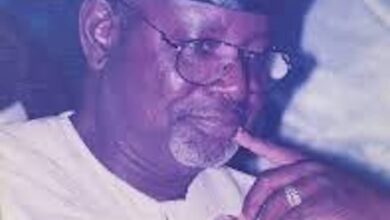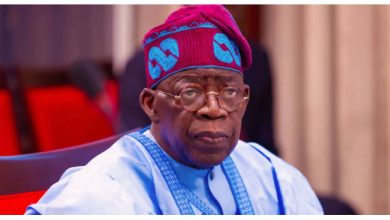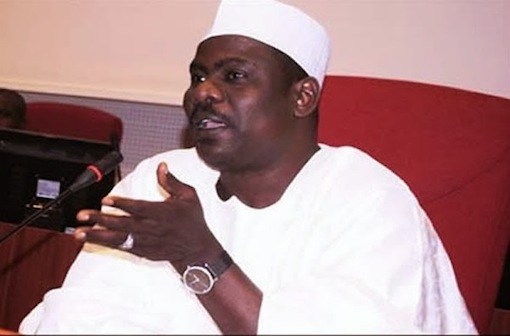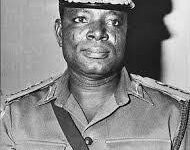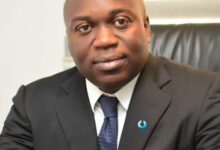Open Letter to President Tinubu on State of the Nation (I)
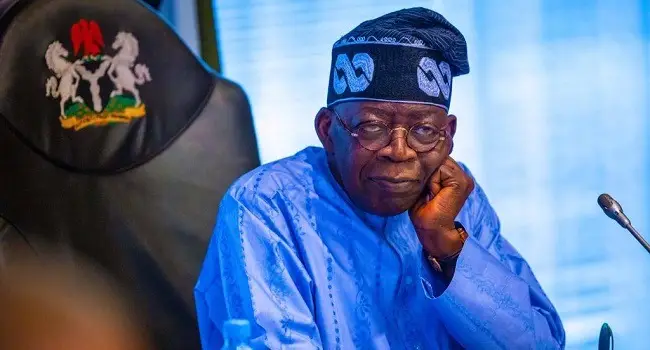
By ILYASU GADU
His Excellency,
President Bola Ahmed Tinubu
President and Commander-in-Chief of the Armed Forces of the Federal Republic of Nigeria
Aso Presidential Villa
Abuja, FCT
Your Excellency,
If there are established protocols regarding this mode of communicating to you sir, with your humble permission I wish to dispense with them.
This is due to the fact that the subject matter of this letter is so obviously urgent and compelling that it requires I go straight to the point rather than expend time on preambles.
Coming inevitably and inexorably on the horizon is a potentially massive economic rapture which if not properly handled will likely inflict severe consequences on the social and political fabric of our country. We are already seeing advanced warnings of this in the worsening economic situation in the country. Price inflation on virtually every item in the market and in the services, as well as the plummeting value of the national currency, the naira, signpost this dire economic situation.
More and more people are going hungry in the country as they cannot afford basic items of survival. As things are, the possibility of famine is not farfetched.
For sure this situation predates your coming to power. Towards the end of the President Buhari administration, which you took over from, Nigerians were subjected to a callous, ill-thought-out currency reform programme implemented by then Central Bank Governor, Godwin Emefiele, which threw many businesses into insolvency and even bankruptcy.
The policy, as we were told then, was designed to introduce new currency notes into circulation and for this there was need to mop up existing ones. But in reality, as we came to know, the measure was political, targeted to achieve the objective of influencing the outcome of the upcoming national elections.
Although the policy was eventually stopped following massive nationwide protests and court action instituted against it, the damage had been done to the psyche of most Nigerians who had suffered its severe effects.
Subsequently, by the time of your election and inauguration, many Nigerians have been so battered economically and socially that they were only barely surviving. Mr President in that situation, many looked forward to your coming as a glimmer of hope with the expectation that things will change however slightly for the better.
But the expected hope soon evaporated in the air following your surreptitious and whimsical decision to hike the price of petroleum products which you termed ‘’removal of subsidies’’. You also moved to massively devalue the naira under the pretext of ‘’merging the exchange rates’’ all on the very day of your inauguration on May 29, 2023. Since then, all hell has been unbound in the economy leading to the difficulties and uncertainty we now face as a country.
As Nigerians now increasingly groan under the excruciating pains of your economic measures three things are now evident; your policies have all but killed the strong and resilient ‘’informal economy’’ which formed the bedrock of sustenance of many Nigerians; and apparently you came with no concrete remedial economic plans to ameliorate the pains you have caused, leading Nigerians to believe you actually came to continue the woes Buhari inflicted; and finally in the process you have lost whatever reverence and regard they have of you as a crusader for social justice in the country.
These three elements are the fuel feeding the storm currently heading towards Nigeria with a frightening gale force velocity.
Mr President, as it is now very few in Nigeria would connect you with the political activist who fought the military dictatorship of General Sani Abacha to a standstill over issues of social justice in the country.
Equally, many who saw and heard you lead the protests against President Goodluck Jonathan when he marginally increased the pump price of petroleum products in 2012, a measure you described as ‘’Goodluck Jonathan tax’’ and whom you termed as ‘’drunken fisherman’’ are surprised that you have even surpassed these two leaders in causing more pain to Nigerians.
It has not helped matters that in the midst of the pains and suffering you have caused the people of the country, you stated flatly that there will be no review of the policies. In other words, Nigerians should not expect a letup from the knee you have placed on their throats with your suffocating economic policies.
Mr President Nigerians know that you are not minded to take off the knee on their throats because you dare not go against both the International Monetary Fund (IMF) and World Bank from where your economic policies are derived. Indeed like the vampires they are, they have applauded you for causing more hardships for Nigerians and have even directed you to be prepared to implement more anti-people policies in the coming weeks.
But Mr President, perhaps it might not have been pointed out to you, but what you should know is that the IMF and World Bank policies you are implementing in Nigeria are actionable under domestic and international law for the following reasons;
Any International organisation made up of willing sovereign members where one or more members decide to unilaterally alter or change the terms and conditions of the agreement setting up the organisation without consultation with other members renders that organisation and its activities null and void in law.
In 1971 President Richard Nixon of America invoked Executive Order 11615 under the Economic Stabilization Act passed by the American Congress unilaterally and without consultation with other members and removed the gold and dollar peg which the United States had agreed to and had been enshrined as the guiding principle of the Bretton Woods system.
With this unilateral action on the part of the US, the Bretton Woods system effectively collapsed rendering the operations of both IMF and World Bank illegal under International law. By the same token, the activities of both institutions can thus be challenged under the domestic law of member countries. Even a review of the action of the United States which was done six years later, in 1976, in Jamaica by member countries, this very fact could not be resolved.
Mr President, this effectively means that in both domestic and international law your dealings with the IMF and World Bank including signing and implementing policies agreed upon with these two bodies can be actionable under domestic and international law especially given that you implemented the decisions without the ratification of a council of Ministers and the National Assembly. (To be continued)
Gadu can be reached via ilgad2009@gmail.com or 08035355706 (text only).


